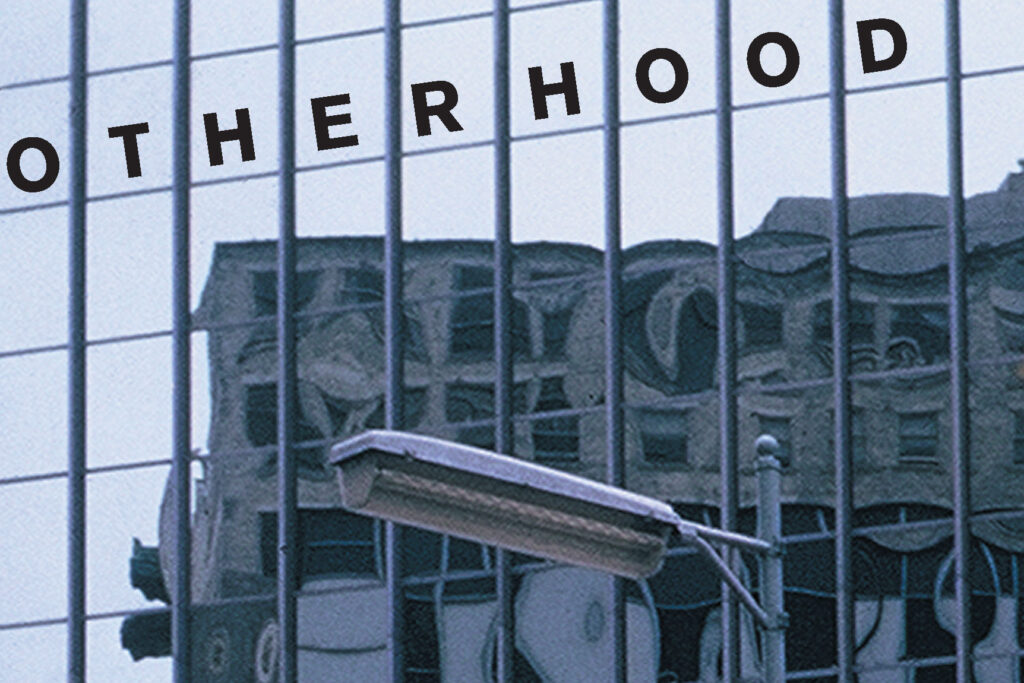Otherhood
by Reginald Shepherd
University of Pittsburgh Press, $12.95 (paper)
Readers familiar with Reginald Shepherd’s work will come to Otherhood, his fourth book, having witnessed the deepening of his sensibility and poetic over the last ten years. Otherhood’s opening lines, “We’re walking with the backwards / river, sluggish water dialects / spell out spilled lakefront’s / tumbledown babble of dressed / stones,” present a thick, articulate music beyond the chords of Shepherd’s earlier work as well as an enhanced complexity of line and syntax. Shepherd’s thematic concerns remain the same—desire, power, blackness, whiteness, the place of the human in the natural world—and his fascination with the mores, trappings, and tonalities of classical myth shows no sign of abating. Certainly Shepherd has always pursued this fascination with refreshing authority and aplomb, and Otherhood makes for no exception—rote formality and the usual modes of classical restraint are absent here; we are treated instead to alternately scuttling and hypnotic rhythms, a dazzling range of diction, and the will to topple or invert established hierarchies of power and meaning. For Shepherd, our “mere world, where every man’s / the artist of himself” feeds the notion that “Certain / human behaviors propagate gods”—and these gods are as gorgeous (or as monstrous) as human desire makes them. In his previous book, Wrong (1999), the poet asked, “who wouldn’t die for beauty / if he could,” and no less than before, Shepherd refuses to shy away from beauty’s brutal aspect or to soften the mortal edges of desire: “Every white man on my bus home looks / like him, what I’d want to be destroyed / by, want to be.” With Otherhood, Shepherd advances his risk-taking body of work, which veers far from traditional conceptions of identity (“I seems // a ceremony of sums”) as it plunges into distinction: “The manifest scatters likeness / like white light, gods / cut through my body like a sword / in the hands of a dead hero, he who / accomplishes, whittles / me down into perfection.”








